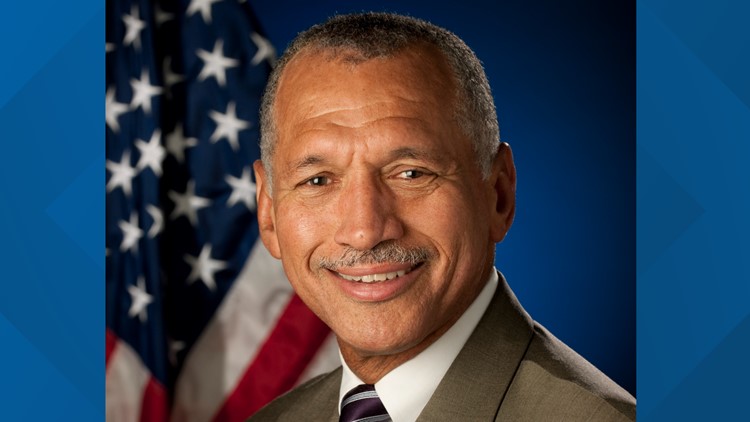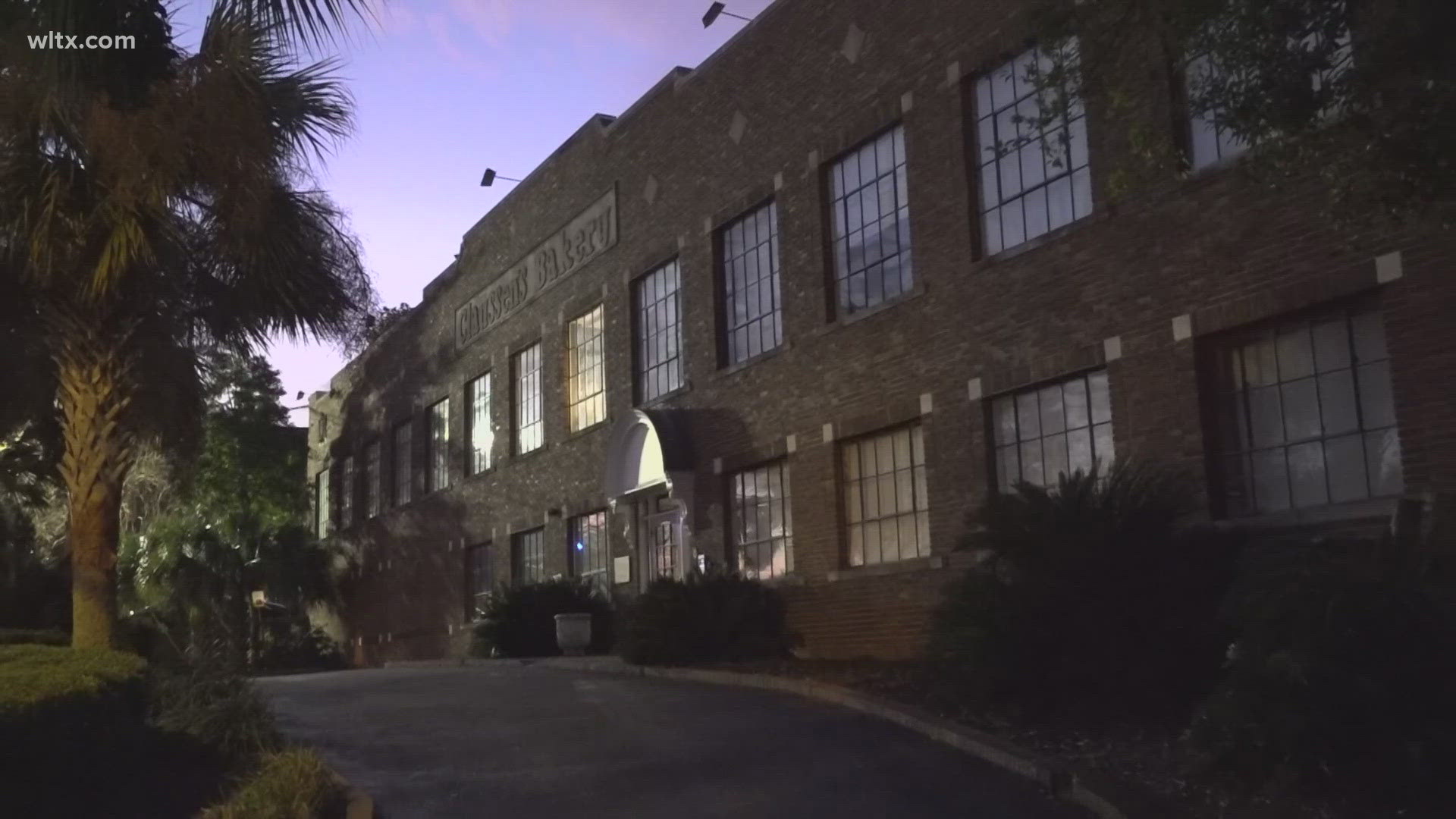COLUMBIA, S.C. — Major General Charles Bolden USMC (Ret.) has been selected as the recipient of the 2020 Wright Brothers Memorial Trophy for … “his impassioned commitment to public service in aviation and aerospace as an aviator, astronaut, and leader and his dedication to excellence for the advancement of all humanity.” according to The National Aeronautic Association (NAA)'
Established by NAA in 1948 to honor the memory of Orville and Wilbur Wright, the trophy is awarded annually to a living American for “…significant public service of enduring value to aviation in the United States.”
One of the most important, historic, and visible aerospace awards in the world, the Wright Brothers Memorial Trophy reflects a timeline of the most innovative inventors, explorers, industrialists, and public servants in aeronautics and astronautics.
Bolden was born and raised in Columbia, South Carolina. Following graduation from high school in 1964, he was appointed to the U.S. Naval Academy after writing then-President Lyndon Johnson directly because his Senators and Congressman refused to nominate him. At the Naval Academy, Bolden became the President of his class. He received his B.S. in electrical science and later earned his M.S. in systems management from the University of Southern California.
After graduating from the Naval Academy in 1968, Bolden was commissioned as a Second Lieutenant in the U.S. Marine Corps. After completing flight training, Bolden became a Naval Aviator. During the Vietnam War, Bolden flew over 100 combat missions between 1972 and 1973, piloting the A-6A Intruder. Several years later, Bolden graduated from the U.S. Naval Test Pilot School. As a test pilot, Bolden flew numerous test projects in the A-6E, EA-6B, and A-7C/E aircraft. He logged more than 6,000 hours flying time during his active military career.
Beginning in 1980, Bolden spent 14 years as an Astronaut with NASA. He ventured into space a total of four times as part of NASA’s Space Shuttle program, including two missions as the Pilot and two as Mission Commander. Bolden first served as Pilot on the Space Shuttle Columbia in 1986.
In the wake of the Challenger disaster, he was assigned as the Chief of the Safety Division. In 1990, he piloted the Space Shuttle Discovery during its mission to deploy the Hubble Space Telescope.
Next, in 1992, Bolden served as the Mission Commander for Space Shuttle Atlantis.
Lastly, in 1994, he led the Space Shuttle Discovery for the historic first joint-American–Russian Space Shuttle mission.
Overall, Bolden logged 680 hours in space.
When Bolden left NASA he returned to the operating forces of the U.S. Marine Corps in 1994, and was assigned as the Deputy Commandant of Midshipmen at the U.S. Naval Academy. During Operation Desert Thunder-Kuwait in 1998, he was assigned as the Commanding General of the 1st Marine Expeditionary Force. That same year, he was promoted to Major General.
Bolden retired from the Marine Corps in 2003 after commanding the 3rd Marine Aircraft Wing.
Bolden went on to become the Administrator of NASA from 2009 to 2017. He is the first and, to date, the only Senate-confirmed African-American to hold that post. As NASA Administrator, Bolden led the agency in the development of the powerful Space Launch System rocket and the Orion spacecraft, which are the foundations for future space missions beyond Earth’s orbit. He also supported the development of commercial space transportation systems within the United States, including their use to resupply the International Space Station. Other achievements include presiding over the landing of the Mars Curiosity Rover in 2012 and the Juno spacecraft’s entry into Jupiter’s orbit in 2016, as well as preparation for the launch of the James Webb Space Telescope. During his last five years as Administrator, NASA was consistently named the “Best Place to Work” among large federal agencies by the Partnership for Public Service. Bolden retired as NASA Administrator in January 2017.
Among Bolden’s numerous awards and recognitions include the National Space Trophy (2014), Nierenberg Prize (2016), Carl Sagan Award (2017), enshrinement into the National Aviation Hall of Fame (2017), and National Air and Space Museum Trophy (2019). As an Astronaut, Bolden was inducted into the International Space Hall of Fame in 1997 and the U.S. Astronaut Hall of Fame in 2006. NASA awarded him the Exceptional Service Award in 1988, 1989, and 1991. Bolden’s military decorations include the Defense Superior Service Medal and the Distinguished Flying Cross.
"I can’t begin to thank the Wright Brothers Memorial Trophy selection committee for making this prestigious honor possible,” said Bolden. “As this honor continues to sink in, I am humbled and feeling even more the effect of the ‘imposter syndrome’ as I think of the many true heroes of aviation who preceded me with this award. This is an incredible honor and I really look forward to trying to live up to its legacy and inspire many future Wright Brothers Memorial Trophy winners.”
“The Wright Brothers Memorial Trophy is our greatest individual honor,” said NAA President Greg Principato. “When you take into account Charlie Bolden’s career and commitment, he truly embodies what this award is meant to recognize. In every aspect of his career he has served causes and missions greater than himself. His example will inspire future generations.”



